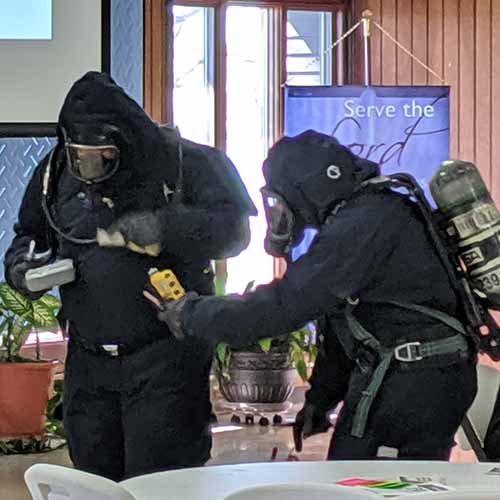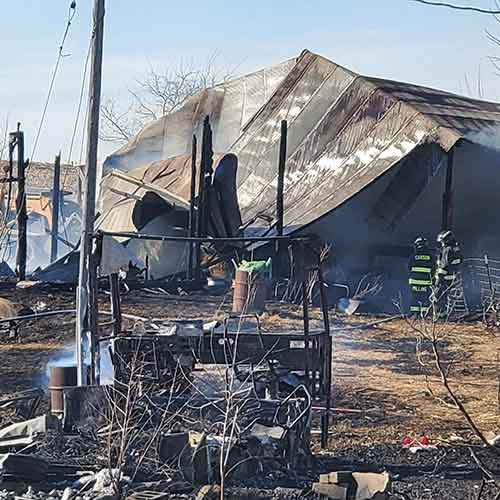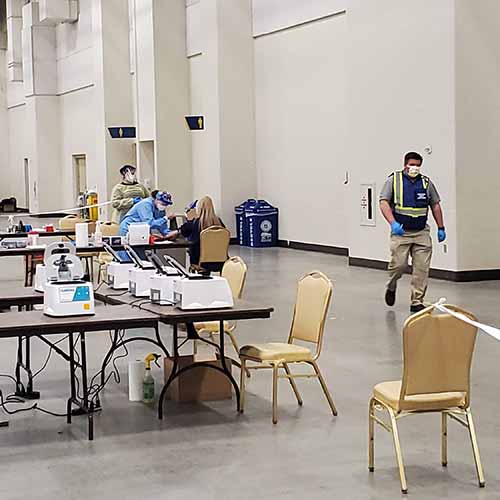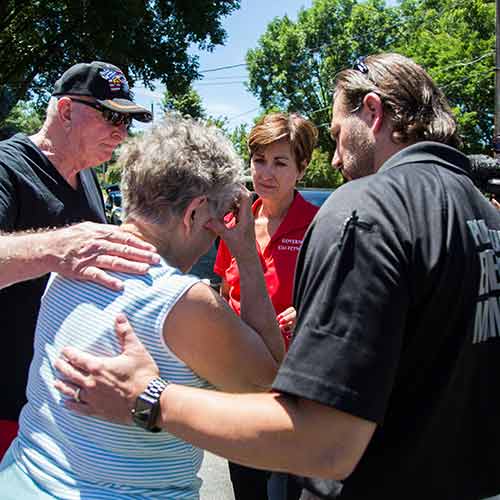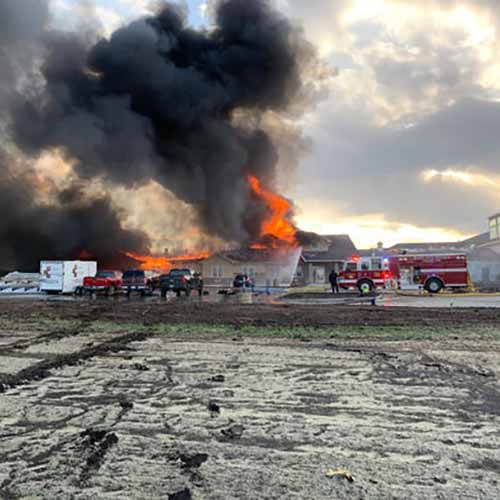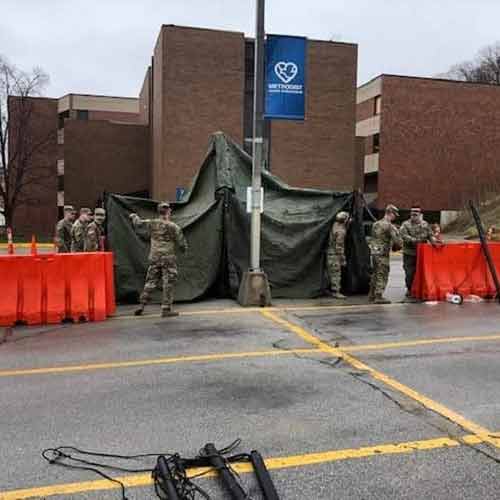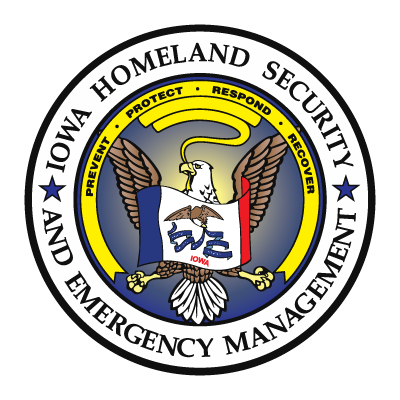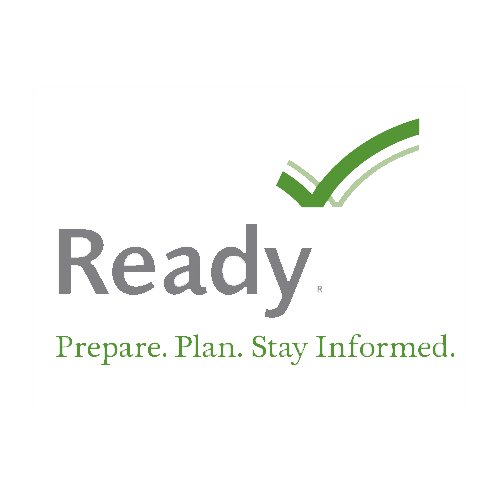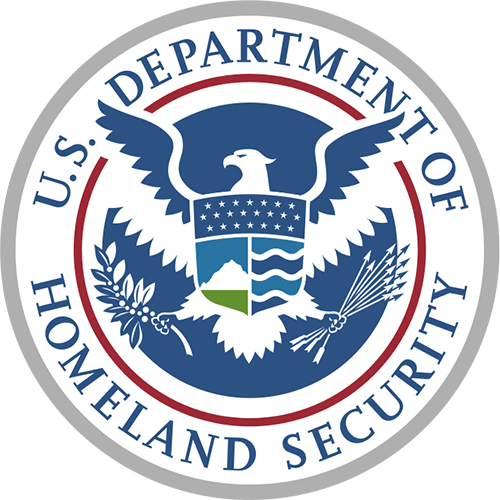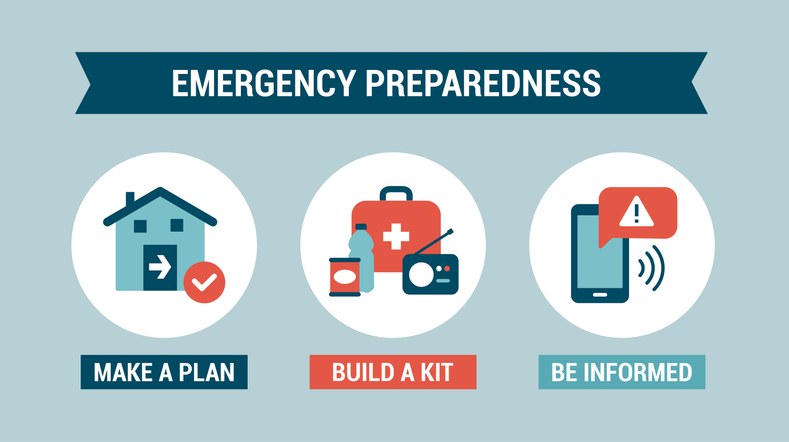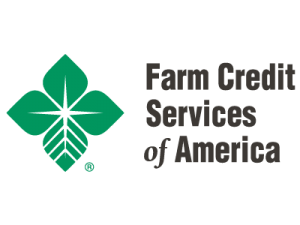Our Mission
The Iowa Emergency Management Association exists to advance the professional interests of its members and to assist Iowans in preserving life and protecting property in the face of any hazard.
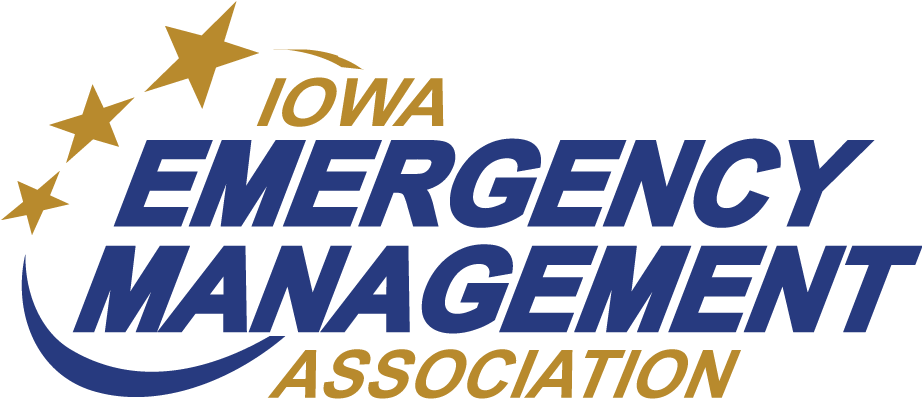
Association News
Request for Proposals: Region 6 LEPC ESF-10 Update Project FY27
The Region 6 Local Emergency Planning Committee (hereafter also referred to as the LEPC) requests proposals from firms or individuals with emergency management and hazardous materials planning and response experience. The LEPC intends to contract with a qualified individual or firm to provide the planning services required to update its Regional Hazardous Materials Response Plan (ESF-10). An interested party or parties may request consideration for this project by submitting a proposal to the Region 6 LEPC as outlined herein. The Region 6 LEPC has successfully utilized contractors for over ten years to update the regional ESF-10.
For more information, click here to download the entire RFP document
Request for Proposals: Region 6 LEPC Capabilities Assessment/Gap Analysis Project
The Region 6 Local Emergency Planning Committee (hereafter also referred to as the LEPC) requests proposals from firms or individuals with emergency management and hazardous materials planning and response experience. The LEPC intends to contract with a qualified individual or firm to provide the planning and analysis services required to complete a nine county Capabilities Assessment/Gap Analysis of Hazardous Materials Response Capabilities and the Identification and Prioritization of training and equipment. This study is expected to provide critical information needed to expand the scope and effectiveness of the LEPC’s nine county Regional Hazardous Materials Response Plan (ESF 10).
For more information, click here to download the entire RFP document
Association Districts
The Iowa Emergency Management Association has divided Iowa into six districts. Each district appoints two active members to represent that district on the Executive Committee of the Association – one as the primary representative and the other as the alternate. The district reps are responsible for conducting district meetings and relaying information between the members of their district and the Executive Committee.
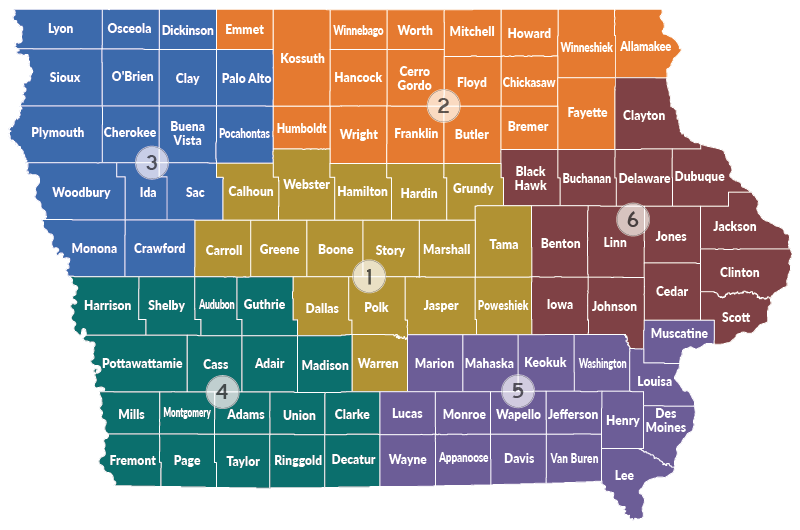
Be Ready When Disaster Strikes
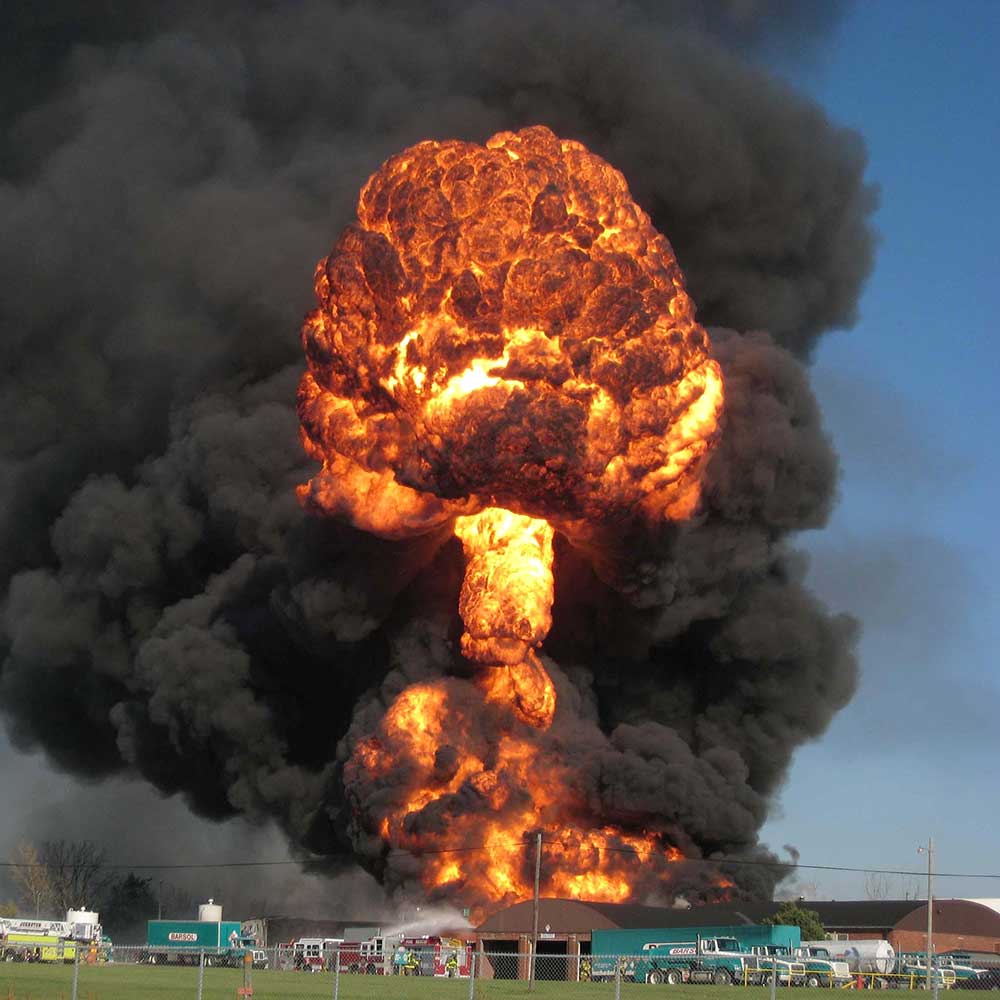
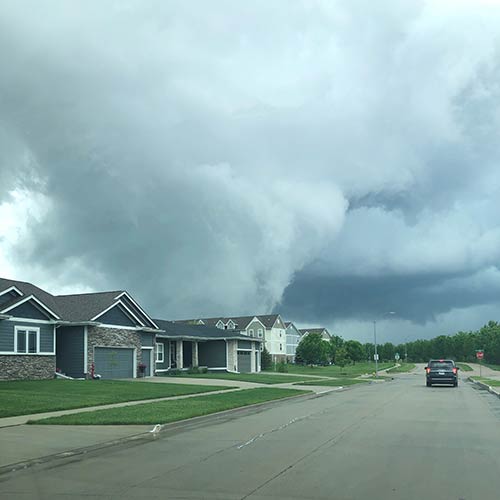
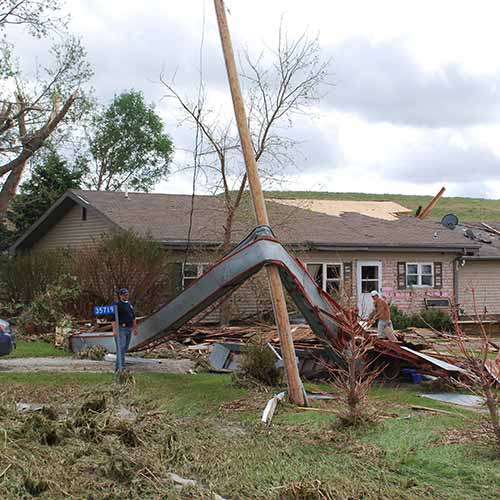
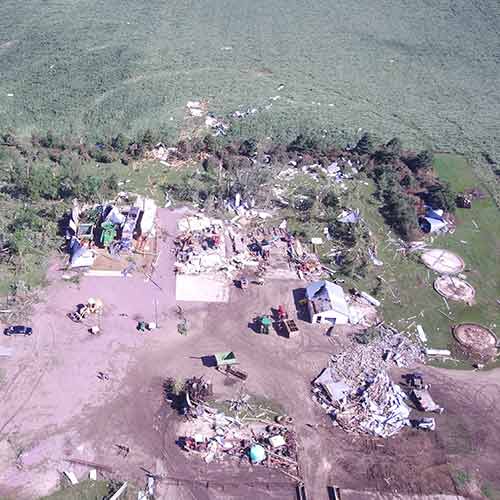
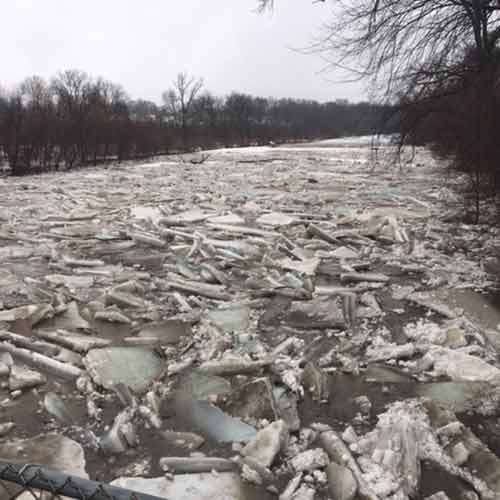
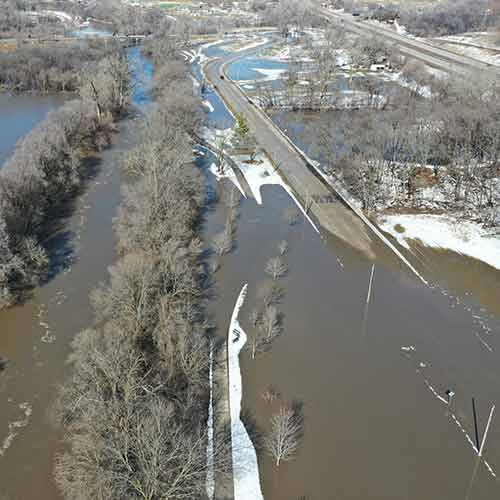
Get a Kit
A basic emergency supply kit could include the following recommended items:
- Local maps
- Wrench or pliers to turn off utilities
- Dust mask to help filter contaminated air and plastic sheeting and duct tape to shelter-in-place
- First aid kit
- Battery-powered or hand-crank radio and an NOAA Weather Radio with tone alert and extra batteries for both
- Water, one gallon of water per person per day for at least three days, for drinking and sanitation
- Food, at least a three-day supply of non-perishable food
- Flashlight and extra batteries
- Whistle to signal for help
- Moist towelettes, garbage bags, and plastic ties for personal sanitation
- Manual can opener for food
- Cell phone with chargers, inverter, or solar charger
Make a Plan
Your family may not be together if a disaster strikes, so it is important to think about the following situations and plan just in case. Consider the following questions when making a plan:
- How will I let loved ones know I am safe?
- How will my family/household get to safe locations for relevant emergencies?
- How will my family/household get emergency alerts and warnings?
- How will my family/household get in touch if cell phone, internet, or landline doesn’t work?
- How will family/household get to a meeting place after the emergency?
Be Informed
Emergency preparedness is not only for Californians, Midwesterners, and Gulf Coast residents. Most communities may be impacted by several types of hazards during a lifetime. Americans also travel more than ever before to areas with different hazard risks than at home.
Knowing what to do before, during, and after an emergency is a critical part of being prepared and may make all the difference when seconds count. Use this site to learn about potential emergencies that can happen and how to prepare for and respond to them.
